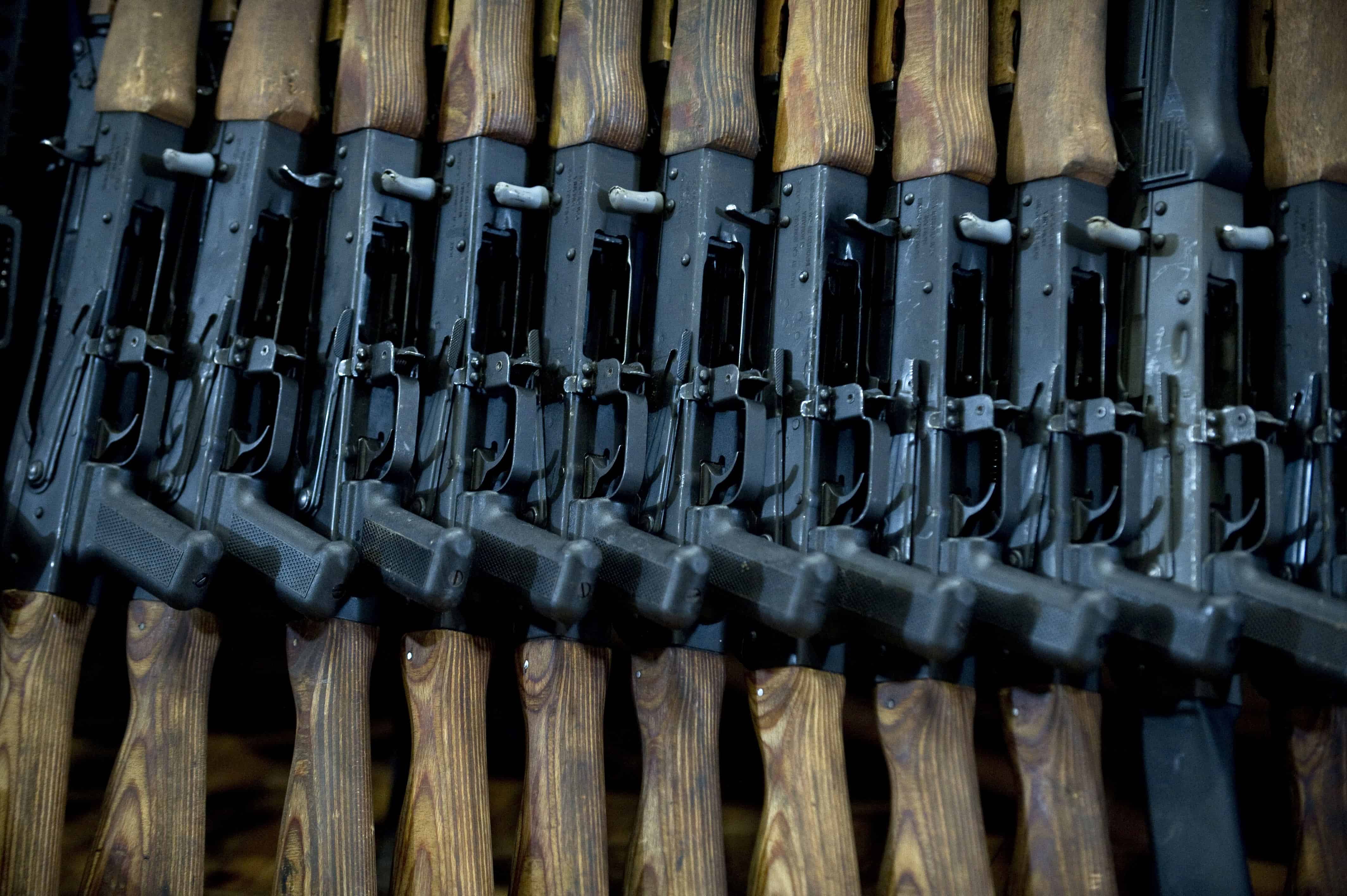On Thursday, the Judicial Investigation Organization (OIJ) made headlines by seizing 56 weapons in La Guácima de Alajuela, marking the largest arms seizure in Costa Rica’s history. The haul, which included 37 assault rifles and 19 pistols, was found in a house alongside a significant amount of drugs, pointing to the growing reach of organized crime in the country.
Michael Soto, deputy director of the Judicial Police, explained that these weapons, primarily R-15 rifles and nine-millimeter pistols, are designed for burst fire, posing a severe threat in potential confrontations with law enforcement. “Imagine these 56 weapons in a shootout against our forces,” Soto said. “We’d likely see casualties.” His words underline the urgency of addressing the rising tide of illegal firearms.
The OIJ revealed that organized crime groups are assembling these weapons domestically. Parts are smuggled into Costa Rica through legal channels, often disguised as mechanical or cell phone components at the General Customs Office. In some cases, criminals use 3D printers to manufacture parts, creating fully functional firearms. Soto noted that between 4,000 and 5,000 firearms have been seized this year alone, a sign that Costa Rica is becoming a hub not just for drugs but also for weapons distribution.
The country’s porous borders add to the problem. With fewer than 20,000 security agents nationwide, Costa Rica struggles to monitor blind spots where weapons and drugs slip through. Soto called the nation’s border surveillance “very permeable,” highlighting the lack of resources to combat trafficking effectively.
Investigators believe the seized weapons may be linked to a criminal group in Villa del Mar de Limón, with a possible connection to a gang in the León XIII neighborhood of Tibás. The case began in February when a kidnapping in Moravia led to the discovery of nearly a ton of marijuana, which in turn uncovered more drugs and this arsenal in La Guácima. Two suspects are now in custody, facing six months of preventive detention as the investigation continues.
This seizure exposes a troubling trend: Costa Rica’s role in the global arms trade is growing, driven by organized crime’s ability to exploit weak borders and legal loopholes. Soto’s call for analysis reflects the need for stronger policies to curb this crisis before it escalates further.






